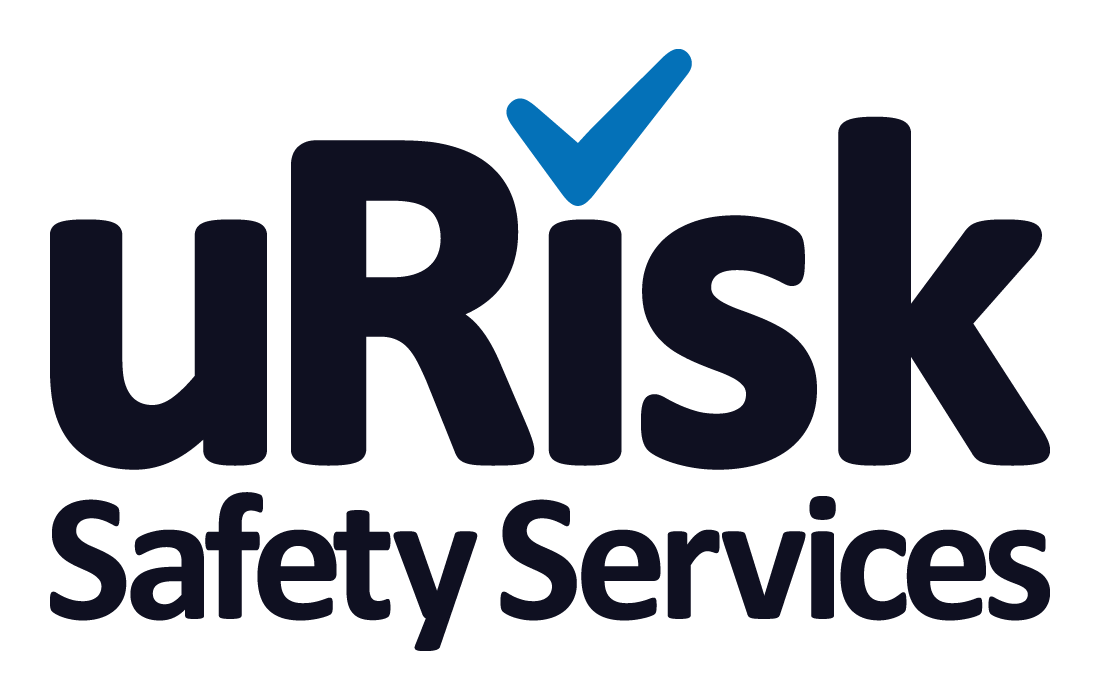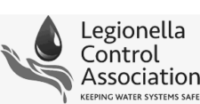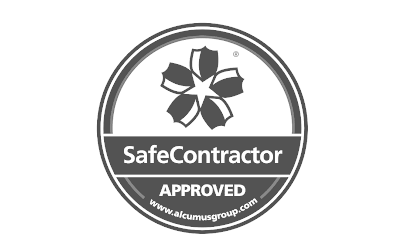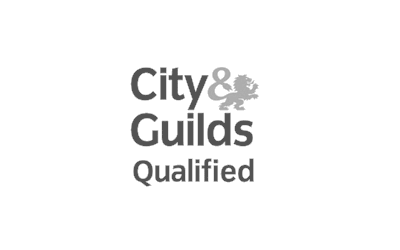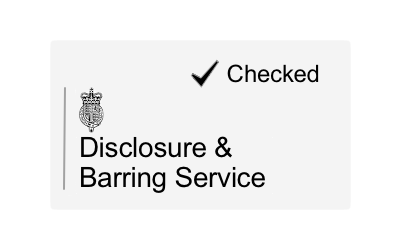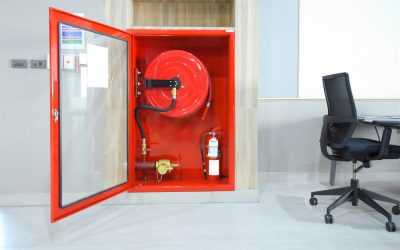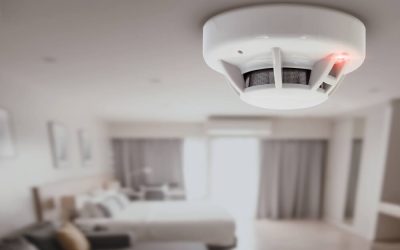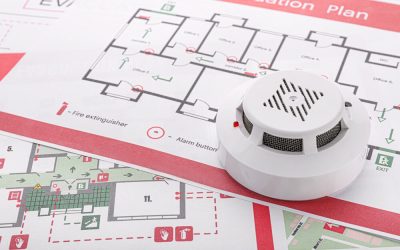How Often Should a Legionella Risk Assessment Be Reviewed?
The question of how often should a legionella risk assessment be reviewed is one we frequently get asked. In the Control of legionella bacteria in water systems audit checklist, the Health and Safety Executive (HSE) states: “Your assessment should be reviewed regularly – at least every two years, and whenever it is suspected it is no longer valid, for example if there is a significant change to the system.” Legionella Risk Assessment: How Often Do I Need One?
In other words, if you are confident you have taken the correct control measures to protect your water systems and there is no risk of legionella bacteria being present in your water system, a legionella risk assessment can be reviewed every two years. However, if you have had major work done on your water system, or if you suspect that conditions may have changed, then it is advisable to do another legionella risk assessment. Any work you do on your water system will have a greater risk of legionella bacteria accumulating and breeding which is why it is wise to undertake an additional risk assessment.
How often should legionella testing be undertaken?
It is the same when it comes to legionella testing. For safety’s sake, it is best to test the water every two years, whenever there are changes to the water system, or whenever you suspect conditions may have changed and become more favourable to legionella bacteria.
HSE’s monitoring guidelines
The HSE’s audit checklist also outlines the legionella monitoring that needs to be done on a more frequent basis in order to ensure the water systems are safe from legionella. It suggests doing monthly checks on the water temperature to ensure the cold water is 20°C or below and the hot water is at least 50°C. It also suggests checking the temperature of the incoming cold water supply on a six-monthly basis. In addition, the water temperature on a representative number of hot and cold water outlets needs to be checked annually. We suggest using a legionella thermometer to manage and measure water temperature.
The HSE also recommends doing annual checks on your water system, including a visual check of the cold water tank, checks to see if the water is flowing properly, and checks to ensure the hot and cold water circuits are up to date.
Why is it so important to test for legionella?
Legionella bacteria are dangerous because if they get into a person’s lungs, that person is at risk of developing the potentially fatal Legionnaires’ disease. Legionnaires’ is a pneumonia-like illness that is a risk to people over the age of 45 and those with chronic health conditions. The potential severity of the illness is why it is so important to control legionella bacteria as part of your health and safety duties as an employer, landlord or duty holder. By undertaking regular risk assessments and continual monitoring of your business’s water, you can significantly reduce the risk of a legionella outbreak and therefore help keep your staff and visitors safe.
If you would like to ensure the safety of your water systems by getting a comprehensive legionella risk assessment carried out by an experienced specialist company, contact us to get a quote.
Legionella and Water Hygiene Blog Posts
Office Fire Risk Assessment
As you would expect, keeping your office safe from the risk of fire is a legal requirement under the Regulatory Reform (Fire Safety) Order 2005. If you are the owner or manager of a business, or landlord of an office building, it is your responsibility to ensure your...
Fire Risk Assessment For Flats
Your legal requirements as a landlord include taking precautions to keep your tenants safe, including when it comes to the risk of fire in flats. As part of the fire safety regulations, fire risk assessments for flats is therefore part of your legal obligation to...
Getting A Risk Assessment For Fire in the UK
As an employer, landlord or facilities manager, it is your legal responsibility to keep everyone who uses your premises safe. A fire risk assessment is an important part of this because it identifies what might cause a fire so you can take steps to prevent one, as...
